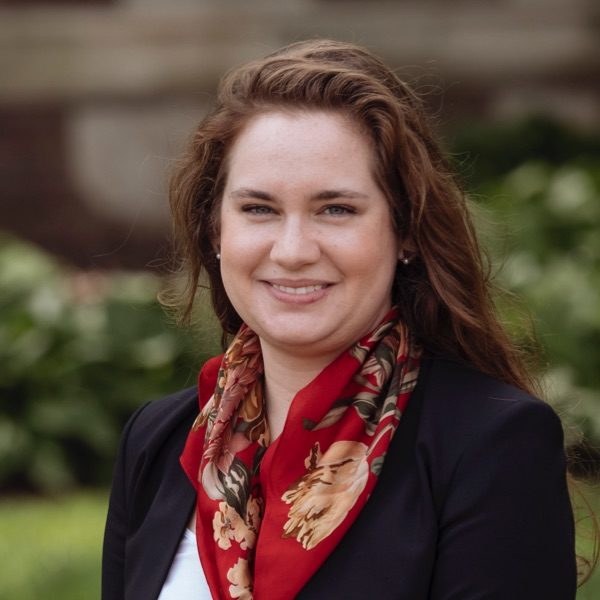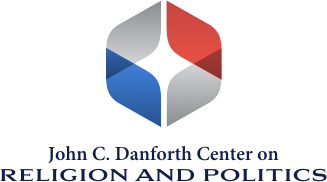Fannie Bialek
Assistant Professor of Religion and Politics

I work on contemporary religious ethics and political theory with an emphasis on feminist thought, Christian theology, and modern forms of power critique. My first book is about uncertainty in loving relationships and its lessons for contemporary ethics and politics.
Fannie Bialek is Assistant Professor of Religion and Politics. Her research and teaching focus on contemporary religious ethics and political theory with an emphasis on feminist thought, Christian theology, and modern forms of power critique. Her first book project, Love in Time, argues for a consideration of love as a relationship to uncertainty, instructive for the vulnerabilities of interpersonal relationships and political life. Her next book will consider Abraham Joshua Heschel’s 1951 book The Sabbath for contemporary democratic politics. She teaches one of the Center’s gateway lecture course for undergraduates, “The Good Life between Religion and Politics,” among other courses in religious ethics and political thought.
Her appointment with the Danforth Center on Religion and Politics follows her position as Lecturer with the Religious Studies program at Washington University in St. Louis for the 2016-2017 academic year. She was Visiting Assistant Professor in Religious Studies at Brown in 2015-2016.
Bialek earned the Ph.D. in Religious Studies from Brown University in 2016. She earned a bachelor’s degree in religion, summa cum laude, from Princeton University. Competitive fellowships from the American Association of University Women, the Cogut Center for the Humanities at Brown, and the Pembroke Center for Teaching and Research on Women at Brown have offered support for her research.
Bialek is co-editor of Feminist Religion. The website serves as a venue for feminist, womanist, mujerista, queer, trans, and intersectional theorists, theologians, and ethicists in religious studies to coordinate and collaborate. She also leads a summer program for St. Louis-area high school students to study political thought, generously funded by the Teagle Foundation’s Knowledge for Freedom Program.


